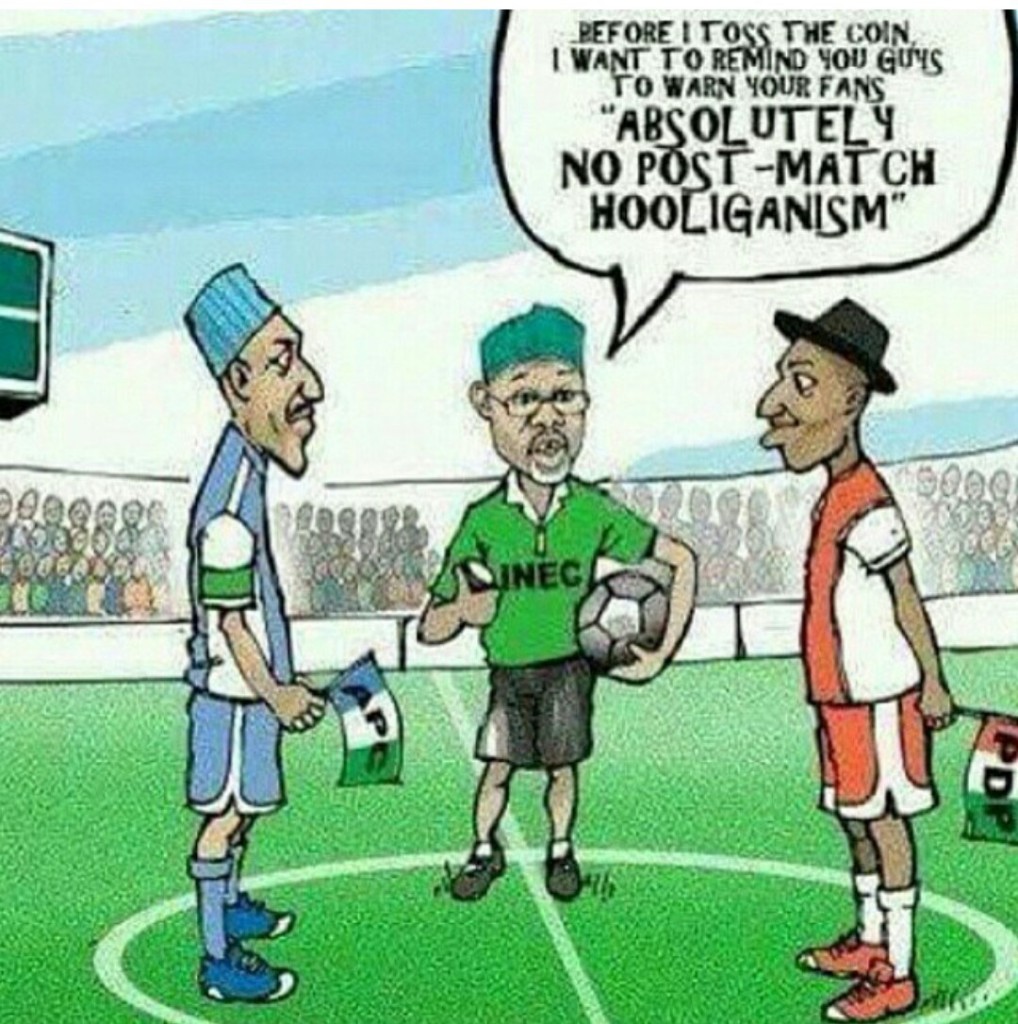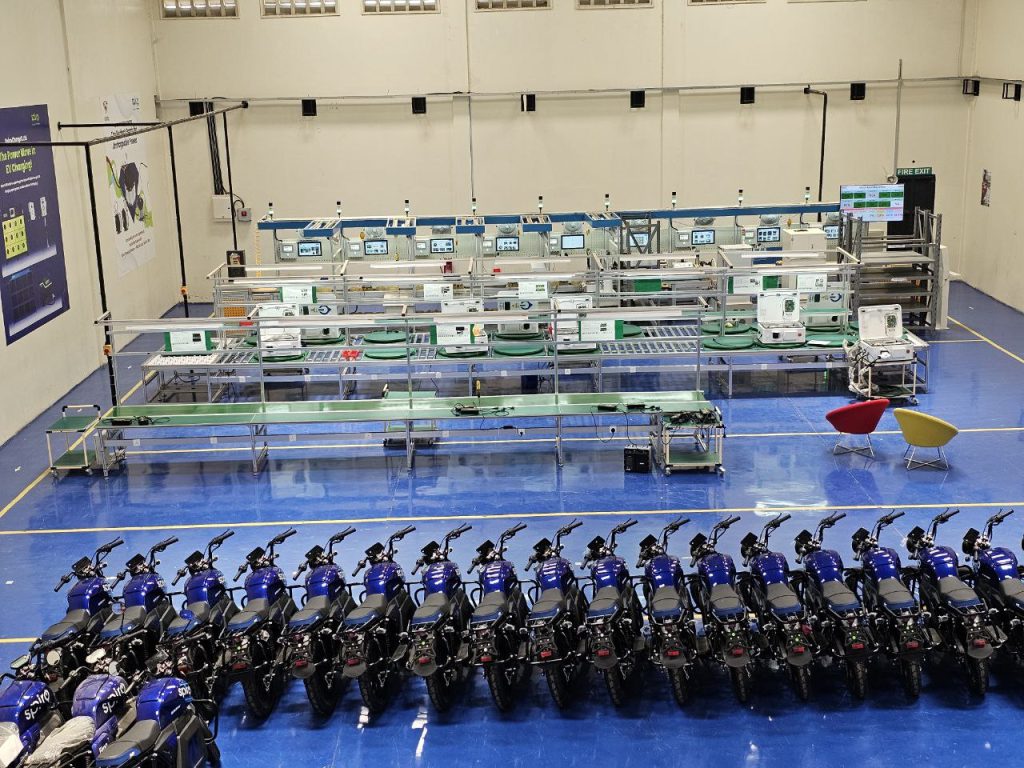Update, March 28, 12:36: INEC has regained control of the site and restored it.
The Nigerian presidential elections are in full swing. And as if the Independent Nigerian Electoral Commission doesn’t have enough things to worry about, their website just got hacked by some people calling themselves the Nigerian Cyber Army. As is customary, there is a rambling signature left by the hackers, in place of the usual website.
It’s not like the website is essential to the elections or anything. Their software and servers are likely not pointed to that url. This, as far as I can tell, has absolutely no bearing on the outcome of the election, which is more physical than digital. It’s more of egg on their face. We are reaching out to INEC for comment.
“Sorry x0 Your Site has been STAMPED by TeaM Nigerian Cyber Army. FEEL SOME SHAME ADMIN!!”, the hackers said on the defaced site.
INEC said in a tweet that it is aware of the incident and is looking into it.
We are aware of the recent hack of our @inecnigeria website, we are currently investigating this incident #NigeriaDecides
— INEC Nigeria (@inecnigeria) March 28, 2015
The hackers go on to say in barely-comprehensible-drunkhulk-all-caps-speak that they have access to other high ranking Nigerian government servers, but that is not why they are here today. They warn INEC to not try to rig the elections because “we have been watching you day and night for months now”. But they assure the commission that they mean no harm, except to visit retribution on them if they try any funny business.
The Nigerian Cyber Army also want to use the medium to advice all political parties that “who price go pay”. I’m not entirely sure what that means, but I think I get their drift.

Technology is playing a large role in elections all over the world, and Nigeria is no exception. However, INEC and its chairman, Professor Atahiru Jega have been rowing upstream in their attempt to conduct a free and fair election amid the deeply vested interests of two major political parties that are going to great lengths to claim victory at the 2015 polls. While it has attempted to use technology to improve the process, with e-registration and card readers for voter accreditation, it has often found itself caught between the ruling PDP and the opposition APC’s interests.
This is what INEC’s website looked like, before the hack, via the way back machine.

INEC staff told TechCabal that they are working hard to restore the site.
They have regained control of it, at the least, and have put up a temporary site maintenance page.
Update: INEC has finally regained control of the site and restored it. In all, the site was out of their hands for less than one hour, in TechCabal’s estimation.




















